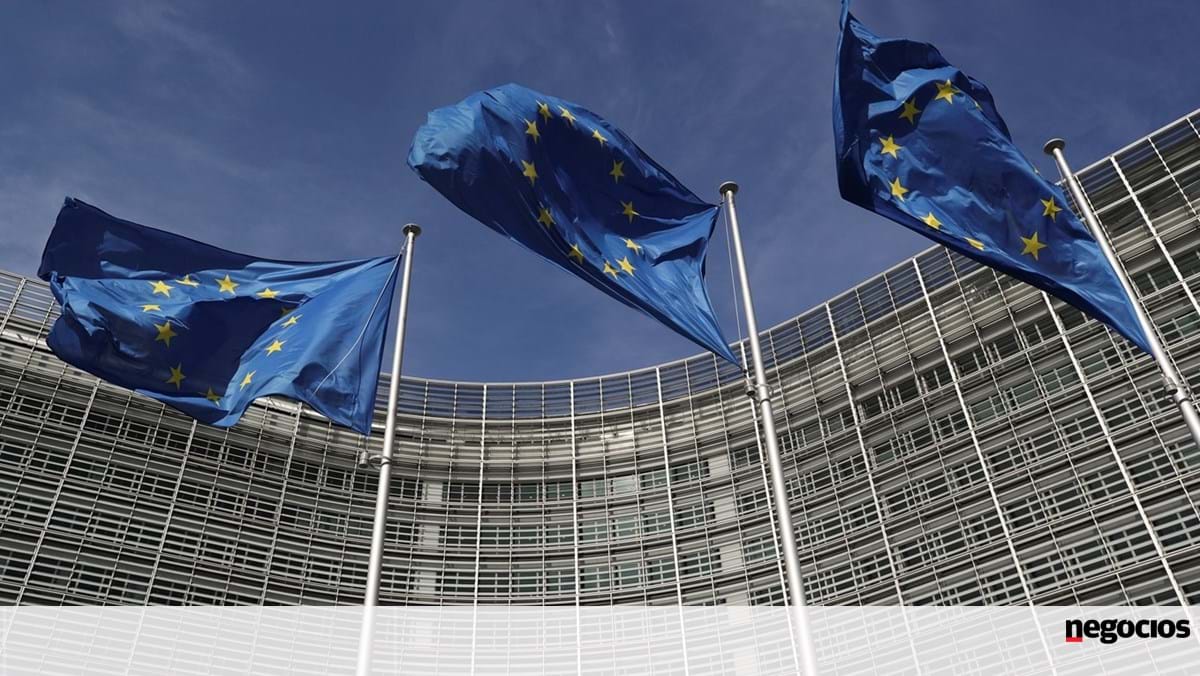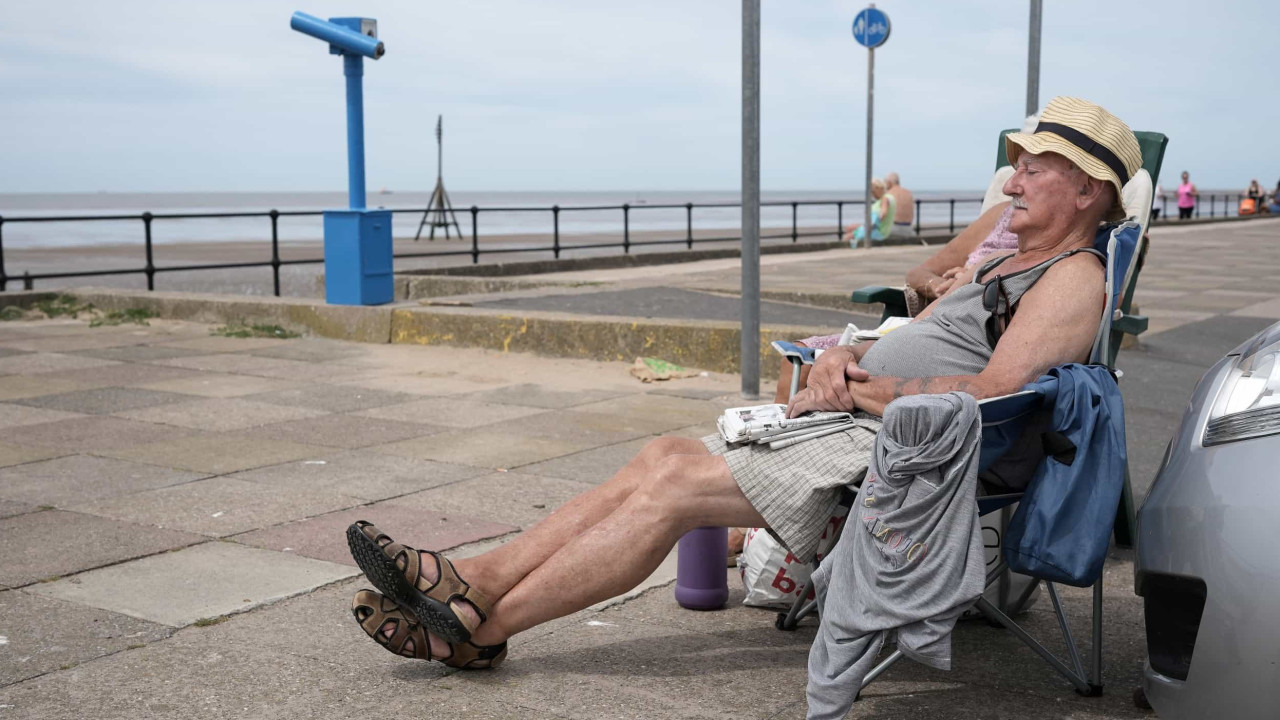“Save gas for a safe winter” is the slogan of the initial document of the European Commission, which is expected to be presented by Vice-President Frans Timmermans, with the aim of reducing European dependence on Russian gas, and preparing the 27 member states to face a cut in these raw materials.
All this at a time when one of the major gas pipelines serving Germany, Nord Stream 1, and thus Europe, has been closed for maintenance until July 21. It is no coincidence that Timmermans’ speech is scheduled for the 20th of this month, the day before this infrastructure reopened.
Although the REpowerEU plan has already identified several ways to save on gas use in buildings, this new document aims to reduce cooling and heating whenever possible. In public, commercial and office buildings, the temperature of the hot air should not be more than 19 degrees.
The leading role of the state and the authorities was also highlighted, as these entities are the largest gas consumers in the bloc, accounting for 30% of energy expenditure. The possibility of Member States choosing the source of energy, including the use of nuclear power plants, if necessary, was also mentioned.
In addition, the European Union estimates that with the implementation of this plan, the savings could be between 25 and 60 billion cubic meters: about 11 billion cubic meters for heating and cooling reductions, between 4 and 40 for electricity generation and another 10 11 billion cubic meters for industrial use. , according to the Spanish newspaper El Periódico de La Energia.
The document notes that gas flows from Russia have been decreasing since June and that Europe currently receives 30% less than average gas supplies between 2016 and 2021. The European Commission says this reduction was the result of “unilateral” measures and decisions taken by Gazprom with the aim of “disturbing economic activity and manipulating prices” in Europe.
The document also makes it clear that the union is buying gas from other countries already compensating for the cut in gas supplies from Russia, by 25 billion cubic meters (one billion cubic metres), at a time when the biggest concerns were about reserves. of this raw material. The 27 member states benefited from 35 BCM from other parts of the world, including Norway, the Caspian Sea, the United Kingdom and North Africa. However, the same document shows that in the event of a total disruption of Russian gas, storage can be left at only 65% to 71% of the total capacity, which is well below the 80% target.
A three-tier crisis mechanism will also be created: Quick Alert, Alert and Emergency, which will categorize the actions to be taken. Subsequent actions are based on each country’s national contingency plans and are based on the principle of EU solidarity. It is expected to adopt a cross-border measure, which assumes the interruption of gas supplies to unprotected customers – mainly in industries – to supply to protected customers (schools and hospitals) from another country facing difficulties.
Following the presentation of this document by the Vice-President of the European Commission, the measures will be sent to the EU Energy Ministers Council on July 26.

“Writer. Analyst. Avid travel maven. Devoted twitter guru. Unapologetic pop culture expert. General zombie enthusiast.”

